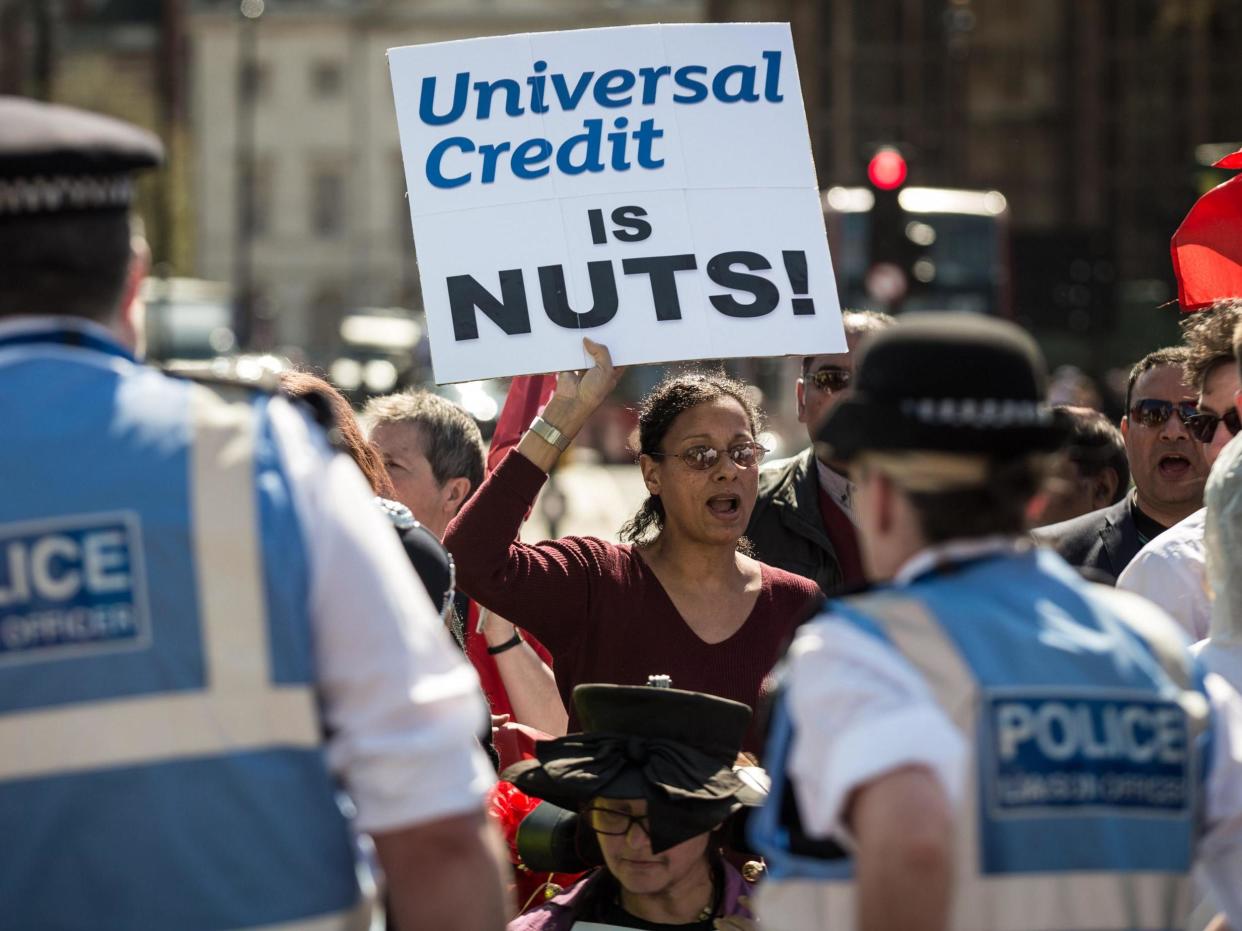Universal credit claimants 'losing hundreds due to payment dates'

Universal credit claimants are losing out on hundreds of pounds a year because of the system’s failure to understand when and how people are getting paid, a leading charity has warned.
The Child Poverty Action Group (CPAG) said one in 20 cases analysed by its early warning system, which uses evidence from welfare rights advisers to identify issues, were hit by problems with the monthly assessment system.
For working claimants whose payday falls at the “wrong” time of the month, or too close their universal credit assessment date, the impact on how much they receive is significant, a report from the charity said.
Problems can arise from the system over-calculating the earnings of those paid on a four-weekly basis, simply because two paydays can fall within one calendar month.
Being paid early as a result of weekends or bank holidays can also make it look like a worker has earned more because they receive two payments in a month.
Back pay and tax rebates can also trigger the problem, the charity warned.
“Universal credit isn't working for working people,” said Alison Garnham, CPAG chief executive. “In the worst cases, people are losing out on significant amounts of money – hundreds of pounds over the course of a year – simply because of when their paydays and assessment periods fall.
“But we believe most of the problems created by the monthly assessment system can be fixed relatively easily if the political will is there.”
CPAG called for reforms to the system, including allowing claimants to change the date of their assessments so they do not clash with paydays.
“The mass migration of families on to universal credit should not begin until these fundamental problems are resolved,” Ms Garnham said.
The government’s flagship welfare reform has been beset with difficulties since it was first introduced in 2013.
When the plan for universal credit was first announced, it was sold as a way of simplifying the UK’s benefit system.
It was supposed to be sophisticated enough to adjust to people’s changing earnings in real time, but Ms Garham said the system operates using a “huge oversimplification” which is failing to reflect the reality of people’s lives.
Unison general secretary Dave Prentis said it was “wrong” for working people to be losing out because of ongoing flaws in the system.
“This is causing chaos as this report starkly highlights,” he said. “The government has created this mess and it needs fixing quickly.”
A Department for Work and Pensions spokesman responded: “We are listening to stakeholders’ concerns and working on issues regarding payment cycles and we will consider this report carefully.”

 Yahoo News
Yahoo News 
